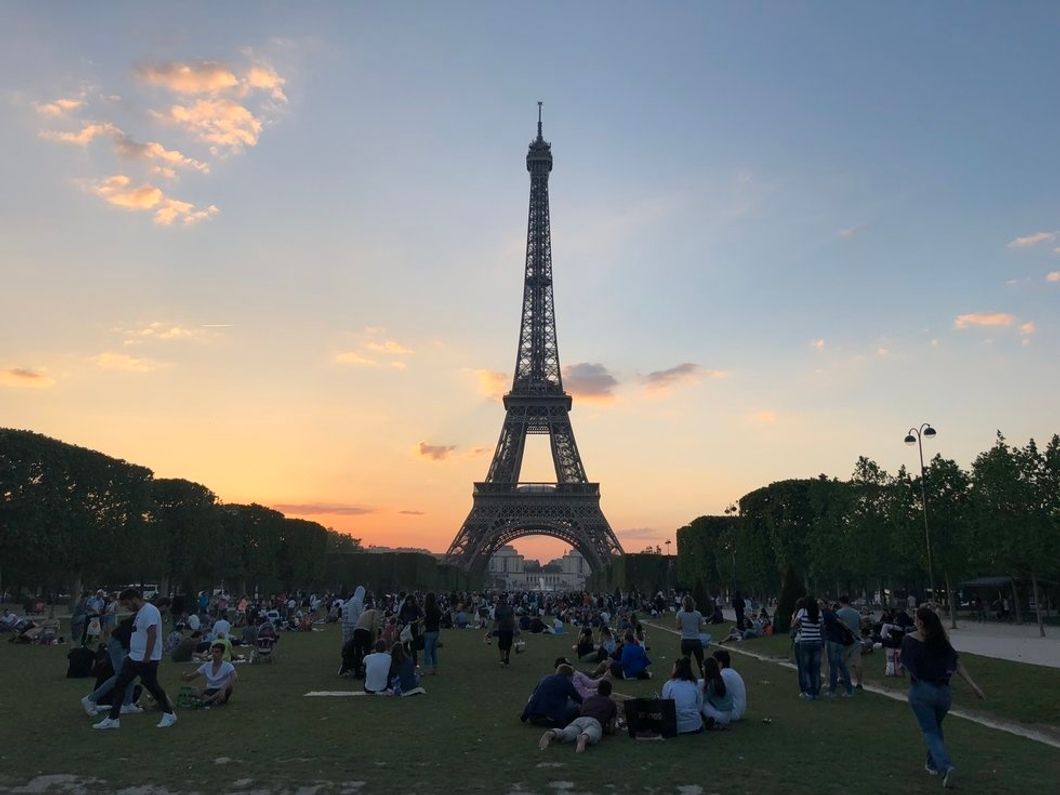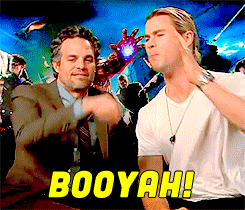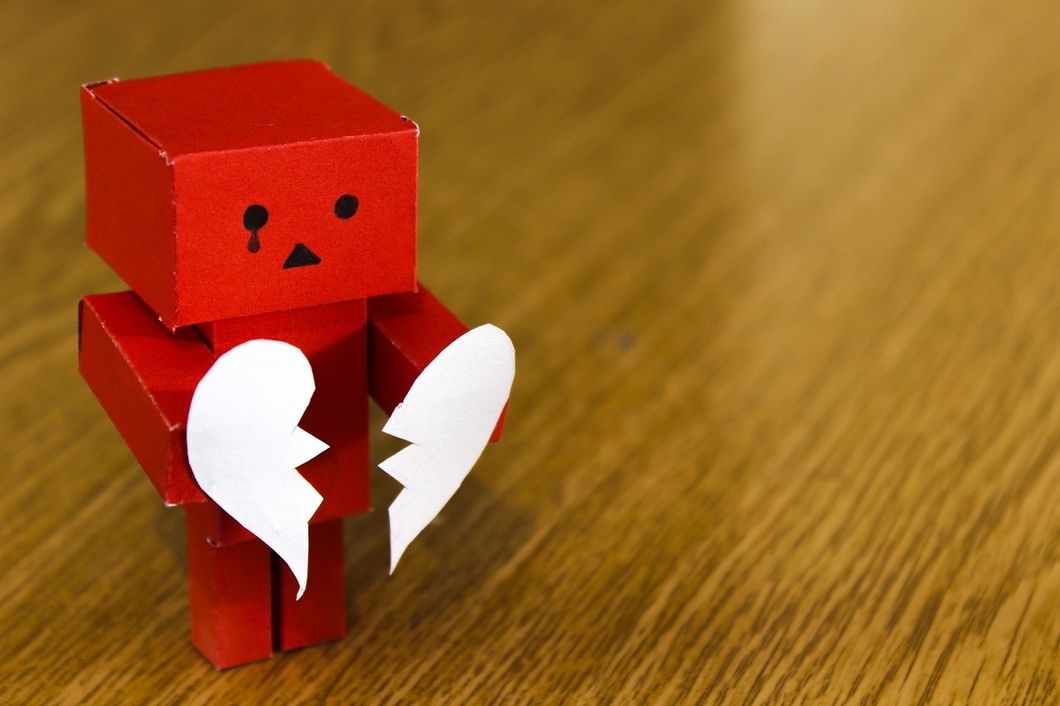Everything You Need To Know About The Hong Kong Protests
The issue extends beyond the intended purpose of the extradition bill.
By now, you've likely seen news of large-scale protests occurring in Hong Kong, with over a million people taking to the streets of Hong Kong to protest a proposed extradition bill.
A few days before these protests began, over 180,000 people attended a vigil for the 30th anniversary of the Tiananmen Square protests, sometimes known as the Tiananmen Square Massacre. The vigil, which occurs annually, drew a particularly large crowd this year due to news of the extradition law. The vigil itself can be seen as an act of defiance against China, as the protesters at Tiananmen Square advocated for democracy and freedom of speech in China.
China has also made efforts to cover up the events of Tiananmen Square. At the end of the vigil, those present were encouraged to join the protest and march against the extradition bill on Sunday, June 9, which was the first protest against the bill. But what, exactly, is the extradition bill, and why has it drawn such controversy?
The extradition bill would allow suspected criminals to be sent to China for trial. The push for this bill was motivated by a case in which a man allegedly murdered his girlfriend on vacation in Taiwan before fleeing back to Hong Kong, where he could not be extradited to Taiwan due to the lack of an extradition law between Hong Kong and Taiwan. Hong Kong's Chief Executive, Carrie Lam, has shown support for the bill, stating that it will keep Hong Kong from becoming a safe haven for fugitives.
However, the issue extends beyond the intended purpose of the extradition bill. Protesters believe that the bill will threaten Hong Kong's autonomy and allow China more control over Hong Kong. Hong Kong and China currently operate under a "one country, two systems" policy, in which Hong Kong is still allowed to maintain its political system and autonomy as a region (for 50 years following the handover to China in 1997) while under Chinese rule. Protesters have expressed concern regarding China's judicial system and the possibility of harsh punishments for Hong Kong residents.
Many fear that the extradition bill will give China the ability to punish Hong Kong residents who oppose the Communist Party and allow room for China to begin to exercise further control over Hong Kong. The core issue of the protests is similar to that of the Umbrella Revolution (also known as the Occupy Movement) that took place in 2014, which also protested a bill that was believed to restrict Hong Kong's autonomy.
Protests have been ongoing since June 9, with many of them becoming violent. Police resorted to tear gas and rubber bullets to subdue protesters, and Chief Executive Carrie Lam has condemned the protests as "organized riots."
Protests ended on June 12, with at least seventy-nine injured. Another reading of the extradition bill was scheduled on the same day but was postponed.
Live updates on the Hong Kong protests can be found here.









































